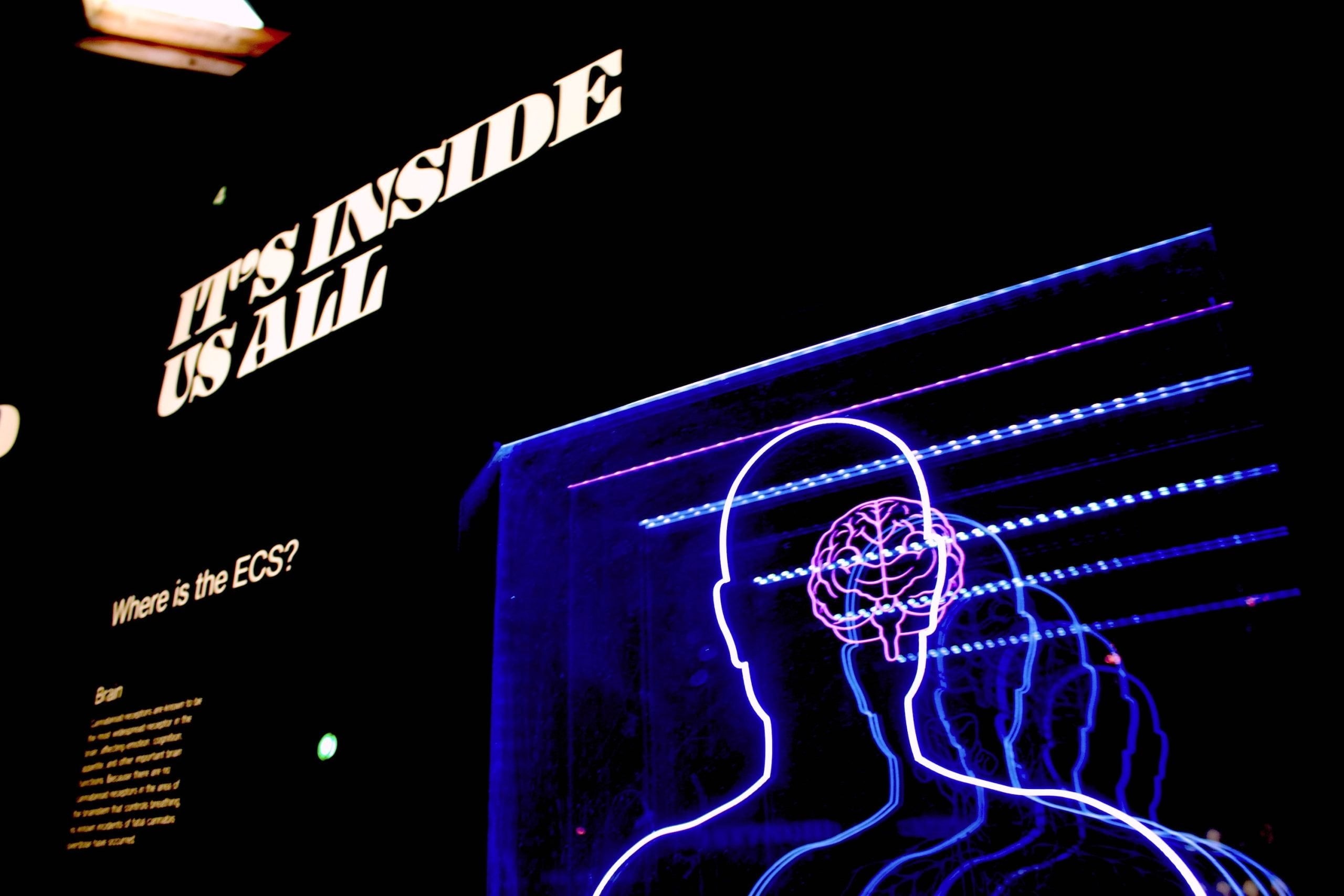Studies show that sleep is necessary to fight infections, build long term memories, and prevent neurodegenerative diseases.
Did you know there's a direct correlation to the levels of anxiety you present in the day and the amount of quality sleep you get each night? Sleep depravation causes severe cognitive and emotional issues, while putting our bodies in a weakened state of physical health. There has never been another time in history that presented so many chronic diseases. Could our lack of sleep be the root cause?
Human beings were designed to live and sleep by the sun's cycles. In ancient civilizations there is little evidence of anyone having sleep issues. Their lives revolved around the light from the sun. It was their wake up call, as well as their daily goodnight. In fact, up until the invention of electricity, humans rarely struggled with sleep. So what has changed?

When we add up work commutes, working, parenting, cooking dinner, and daily hygiene, most of us don't have time to sleep.
Don't have time to sleep? What a ridiculous notion! However, being a sleep minimalist has become the new norm. Or what about those nights we actually fall asleep without an issue, only to awaken a few hours later, unable to fall asleep again? So often I hear people resigning to the idea that they will always be a poor sleeper. Through simple adjustments in our routines, sleep environment, and supplementation I have first hand seen hopeless, sleepless nights diminish!
Did you know one of the most important occurrences during sleep is brain detoxification?
Do you realize just the ability to think thoughts all day takes a lot of energy from the brain and body? Our bodies create all sorts of metabolic waste each day just by being alive! The Glymphatic System is one of the most important systems in our body that gets little attention. During sleep, the Glymphatic System clears away toxins within the Central Nervous System. In order to maintain mental and cognitive health, this system needs to be able to work its night shift. That means YOU need to sleep. If our sleep is compromised, our bodies don't have the opportunity to clean up the mental mess that we make during each day.
What happens when this process doesn't occur due to poor sleep?
While we sleep the Glymphatic System wants to remove these toxins that have accumulated. Neurodegenerative diseases display a buildup of these toxic by-products of metabolized cells that were not properly purged. In cases like Alzheimer's disease, Amyloid-Beta has not been excreted properly and plaques form within the brain. Have you ever had the trash collector miss your house on collection day? Imagine the toxins we create just by thinking and living each day as trash bags. If the trash collector, also known as the Glymphatic System regularly misses trash pickup, our brains become similar to a landfill. By boosting our Glymphatic System's operation through quality sleep, we can help reduce our risk for neurodegenerative diseases.
What can we do to care for our glymphatic system?
Sleeping is a non-negotiable, so the issue must be addressed rather than excepting the societal mantra of, "I just don't sleep well." In fact, quality sleep is so important that a recent study concluded that someone with sleep apnea is 70% more likely to develop Alzheimer's disease.
There are several steps we can take to ensure that our Glymphatic System is operating at its greatest potential.
5 Steps to Quality Sleep and Brain Detoxification
- Turn off screens. Our internal clock follows natural light. Our bodies need this darkness. The Pineal Gland follows our internal clock, signaling Melatonin when it becomes dark outside. The Pineal Gland connects to the optic nerve and the eyes actually communicate unknowingly with that internal system. The body will not produce as much melatonin if it is constantly bombarded with light from TV's, phones or outdoor light pollution. Turn it off, add a sleep mask for extra darkness and let your body naturally produce melatonin.
- Manage stress levels. Neurotransmitters involved in our stress response also play a role in helping to regulate the Glymphatic System. Lack of sleep and unmanaged stress inhibits this removal of toxins from the brain. This also decreases our anxiety. Did you realize the anxious feelings felt during the day have a direct correlation with the quality of sleep the night before.
- Eat brain supporting foods that are rich in magnesium like nuts, seeds, leafy greens and avocado. Nourishing the body with as much quality food as possible is necessary for a healthy brain.
- Supplement. There is only so much we can do when it comes to healthy eating, meditation, and movement. Our bodies need more support now than they ever did in the past because of the constant light, the chronic stress levels at which we operate, and the lack of sleep. Hemp flower extract helps create homeostasis or total balance within the body. CB1 and CB2 receptors are present throughout all the systems in the body. The Central Nervous System is full of CB2 receptors and the Lymphatic System is full of CB1 receptors. People struggling with sleep likely have receptor deficiencies that when balanced, sleep improves. The only brand I trust in caring for my CB1 and CB2 deficiencies is Green Compass. This is a great bundle to start balancing the body while providing natural protection for the brain.
- Boost sleep organically with ingredients like lavender or chamomile, known for its calming properties. Diffuse high grade essential oils to help calm the body's senses. I also love using these organic oils internally which is why I love this Sleep Boost. This product uses both oils and organic hemp terpenes to quiet the mind, calm the body and fight inflammation. Turn the temperature down in your room to help keep the body cooler, promoting a more restful sleep environment.
Brain health is so important and so easily neglected. I hope these simples steps can help you find a more restful night of sleep and enhance your body's Glymphatic System.


